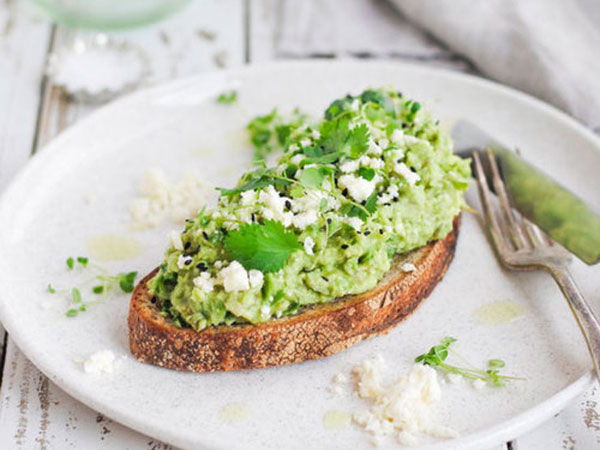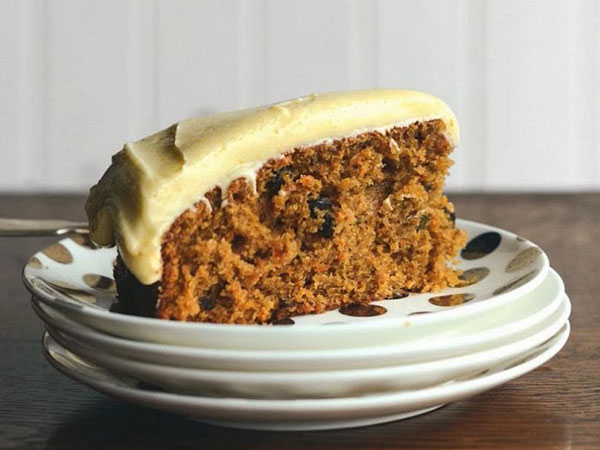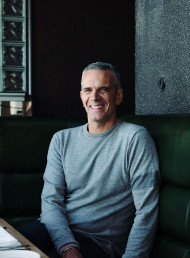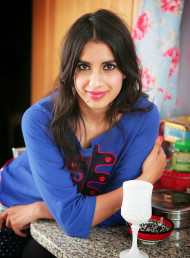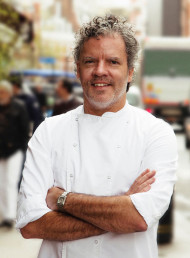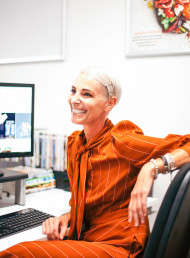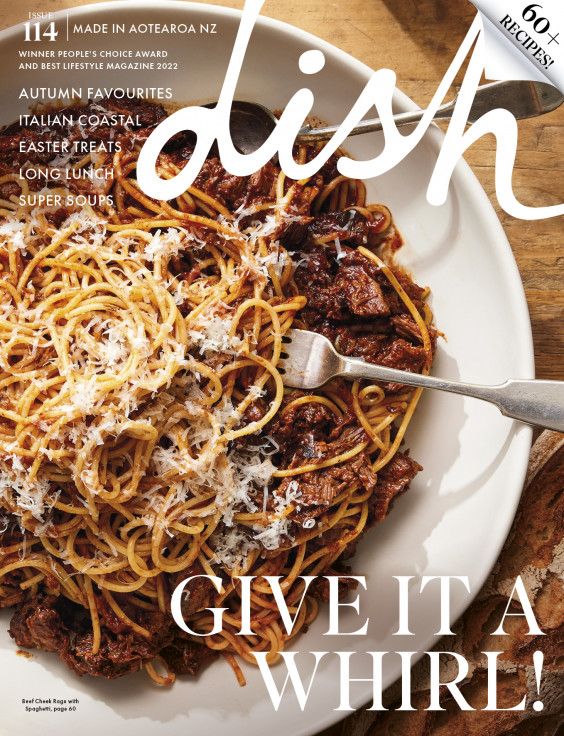The joy of food with nutritionist Rosa Bach
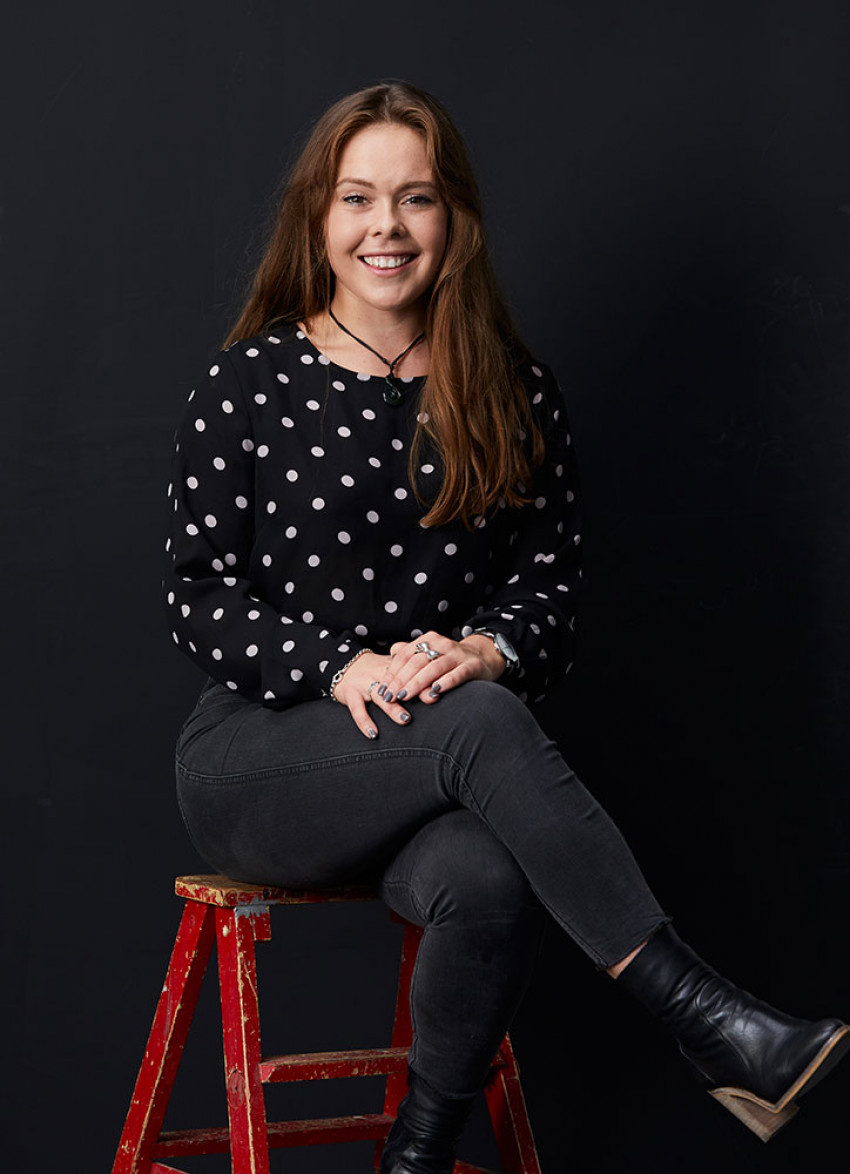
Does eating well really have to mean restriction and deprivation? Here at dish we know food is more than fuel or an energy equation and healthy eating doesn't have to be hard work. We've taken some time to debunk the myths around dieting – it's time to get back to focusing on the joy of food.
Rosa Bach is an associate registered nutritionist at Mission Nutrition and Sport Wellington. She helps clients see the light with intuitive and mindful eating, helping them to combat health complications, emotional eating, and nutrition confusion.
dish: Is there a ‘bottom line’ for eating well?
Not a bottom line, but I think we all know the benefits of a diet full of water, plants and variety. So whatever way people eat, this can apply to them. Often these simple ideas (notice I’m not using the term ‘rules’) are overlooked. But they hold such value in bringing each of us a life full of vitality. Grab yourself a stainless steel water bottle, have some plants at each meal, and mix up what's in your shopping bag each week.
dish: What about the timing and frequency of meals?
We have to learn to be flexible and to listen to our body. The best way to figure out when it’s time to eat? Mindfulness and mindful eating. Take the time, slow down. Are you hungry from your tummy, or hungry from your head? Snacking can help keep us satisfied and lower the load the gut has to work with. This can be beneficial, especially when health conditions or medications are present. It also keeps our body in a relaxed state, as we don't have to unbuckle that belt that extra notch!
dish:What does your own daily eating look like? Do you have certain rules or ‘musts’?
No rules, but for me, I must remind myself to fill up my drink bottle at the start of each day. I’m up early, and love breakfast; oats with banana, blueberries, nut butter, or avocado on toast. When I need a real boost, I’ll have tomato and sardines on Burgen with paprika and chilli flakes. For the rest of the day, I just try to remember I to nourish myself. So it's back to the fruit and vegetables, and variety. I love peanut butter, so sometimes instead of a dip of a teaspoon into the PB jar, I'll opt for greek yoghurt. If I'm having too much of one thing, I'm missing out on something else.
dish: What about when you are busy?
Isn’t that all of us, all the time? Most of my meals are simple; I have ‘grab and go’ meals and snacks on hand at all times. Lunch is leftovers or something easy to throw together; rice, salad, tuna, pulses, tahini. Otherwise, some topping on seedy crackers: peanut butter, cheese, tomato.
dish:According to Australian clinical psychologist Louise Adams, food anxiety is at epidemic proportions. How can we let go of our angst around food but also eat healthily in a way that’s sustainable for life?
We live in a food-abundant environment. Everywhere you look, food marketing, and diet culture lies. It infiltrates every conversation. Healthy and trash. We have created the toxic dichotomy with food [and bodies], which is the source of this anxiety Louise brings up. It takes a lot to start removing these negative emotional ties and beginning to see food for what it is. For example, a carrot is crunchy and has micronutrients for optimal body function, versus carrot cake, which is sweet, and enjoyable with a cup of tea, shared with a friend.
We've got to stop judging ourselves by the food we eat. Yes, it is vital to fuel and nourish yourself, but be kind first.
dish:Why do we keep falling for fad diets/eating regimes? Do people want a quick fix for their health?
Yes, people want a quick fix, but let's be honest, it's more about a crave to change their body size than health for most. The majority of the population associates a thinner body to being healthy, which isn't always the case. For those of us working in the non-diet paradigm, we help our clients to understand that 95 per cent of the time, diets and weight loss attempts fail; and instead, we have a conversation around actionable, sustainable behaviour change.
dish:How do we know what way of eating will work for us, when it comes to a lifelong, sustainably healthy diet?
You’ve got to stop and listen to your body. You’ve got to be brutally honest with yourself. When we choose a way of eating for ethical reasons, we must put that extra effort in to explore food. Are you able to have substitutes, cook in different ways, or use a supplement to make sure you aren't becoming nutrient deficient? And hey, who said you couldn't be a vegetarian or vegan four of the seven days of the week anyway? When you take away the judgements from others, you may be more likely to eat what's in tune with you.
dish: It can be hard for the average punter to separate a passing fad from an important new finding. How do we know what advice to heed and what is just a craze?
Two tips: If it sounds too good to be true, it probably is, and too much of anything is never a good thing. The media and people, in general, have a reputation of taking a snippet of research (like experiments on done rats) and extrapolating it to humans; don't believe everything you read, talk to a registered nutrition professional.
dish: How do you feel about carbs?
It's not likely any registered nutritionist or dietitian will recommend you cut out carbs. They may advise you to opt for complex grains such as brown rice or grainy bread, as these provide more nutrients, will sustain you for longer, and keep spikes in your blood sugars at bay. They may recommend you opt for naturally sweet products like dates, manuka honey, apples. Carbs provide us with energy but do so much more; they support the movement of the matter through the gut, and when broken down into the smallest component, they support signalling systems in the body.
My one tip when it comes to food; we each have a relationship with it, just like we have a relationship with the people around us, and dare I say our phones! Diet culture, restriction and self-trickery breaks this relationship down into that tug of war. This toxicity leaks into our relationship with our body and how we feel about ourselves. To have a positive relationship, we must 1) work on it 2) stop the body bashing and 3) accept where we are at. From there, it's about the experimentation with our behaviours and a variety of food again.
latest issue:
Issue #114
Autumn has arrived, and with it, the latest issue of dish, jam-packed with recipes that will have you fizzing to get in the kitchen! With a long Easter lunch featuring perfectly pink, blushing roast leg of lamb and wildly decadent baked mashed potatoes with caramelised onions, to simply scrumptious chocolate treats and sensational seasonal baking this issue has you covered - we reckon the Hot Cross Buns are our best yet! Salads make way for soothing soups, pies, puddings and our cover star beef cheek ragù with spaghetti – a must-make dinner for family and friends. With over 60 recipes in our latest issue there’s plenty of inspiration to keep you busy – and well-fed! Don’t forget to share your dish dishes with our Facebook community.

